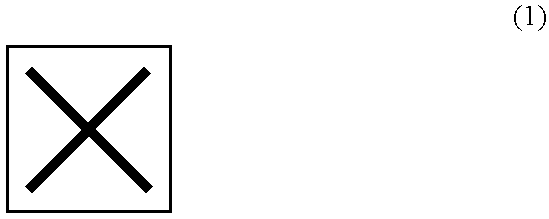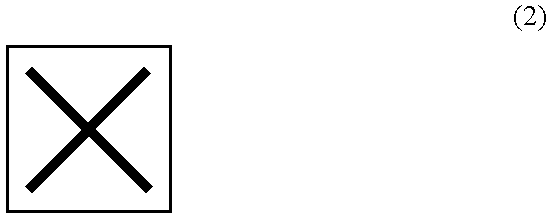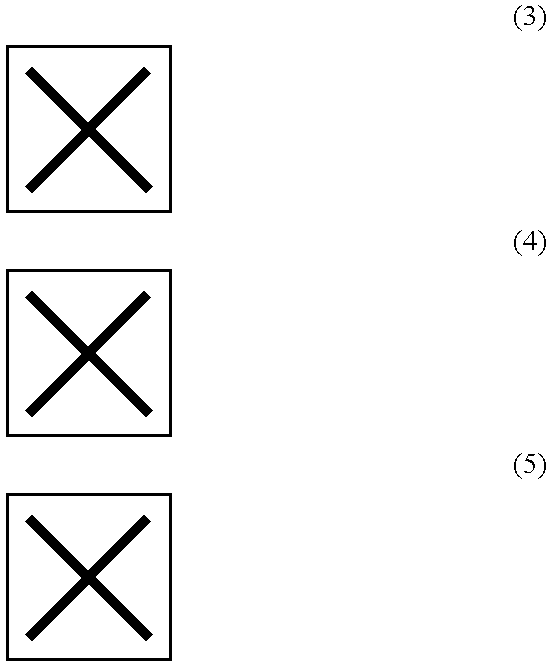System for determining the heading and/or attitude of a body
a system and body technology, applied in the field of system for determining the heading and/or the attitude of a body, can solve the problems of statistical errors, inability to obtain integer ambiguity solutions, and frequent interruption of the attitude output of a user for impermissible long periods of tim
- Summary
- Abstract
- Description
- Claims
- Application Information
AI Technical Summary
Benefits of technology
Problems solved by technology
Method used
Image
Examples
Embodiment Construction
[0023] First, an antenna coordinate system, a local coordinate system and coordinate transformation between these two coordinate systems are explained referring to FIGS. 1A and 1B.
[0024] FIG. 1A shows an antenna layout depicted in the local coordinate system, in which the x, y and z axes represent north, east and vertical directions, respectively, with the position of a reference antenna (first antenna) taken as an origin, for instance. In FIG. 1A, a point with coordinates (x.sub.1.sup.n, y.sub.1.sup.n, z.sub.1.sup.n) is the position of a second antenna, a point with coordinates (x.sub.2.sup.n, y.sub.2.sup.n, z.sub.2.sup.n) is the position of a third antenna, L.sup.1.sup.n is a baseline vector from the first antenna to the second antenna (i.e., the vector indicating the length and direction of a straight line connecting the reference antenna chosen from multiple antennas to one of the other antennas whose relative position should be determined), and L.sub.2.sup.n is a baseline vecto...
PUM
 Login to View More
Login to View More Abstract
Description
Claims
Application Information
 Login to View More
Login to View More - R&D
- Intellectual Property
- Life Sciences
- Materials
- Tech Scout
- Unparalleled Data Quality
- Higher Quality Content
- 60% Fewer Hallucinations
Browse by: Latest US Patents, China's latest patents, Technical Efficacy Thesaurus, Application Domain, Technology Topic, Popular Technical Reports.
© 2025 PatSnap. All rights reserved.Legal|Privacy policy|Modern Slavery Act Transparency Statement|Sitemap|About US| Contact US: help@patsnap.com



